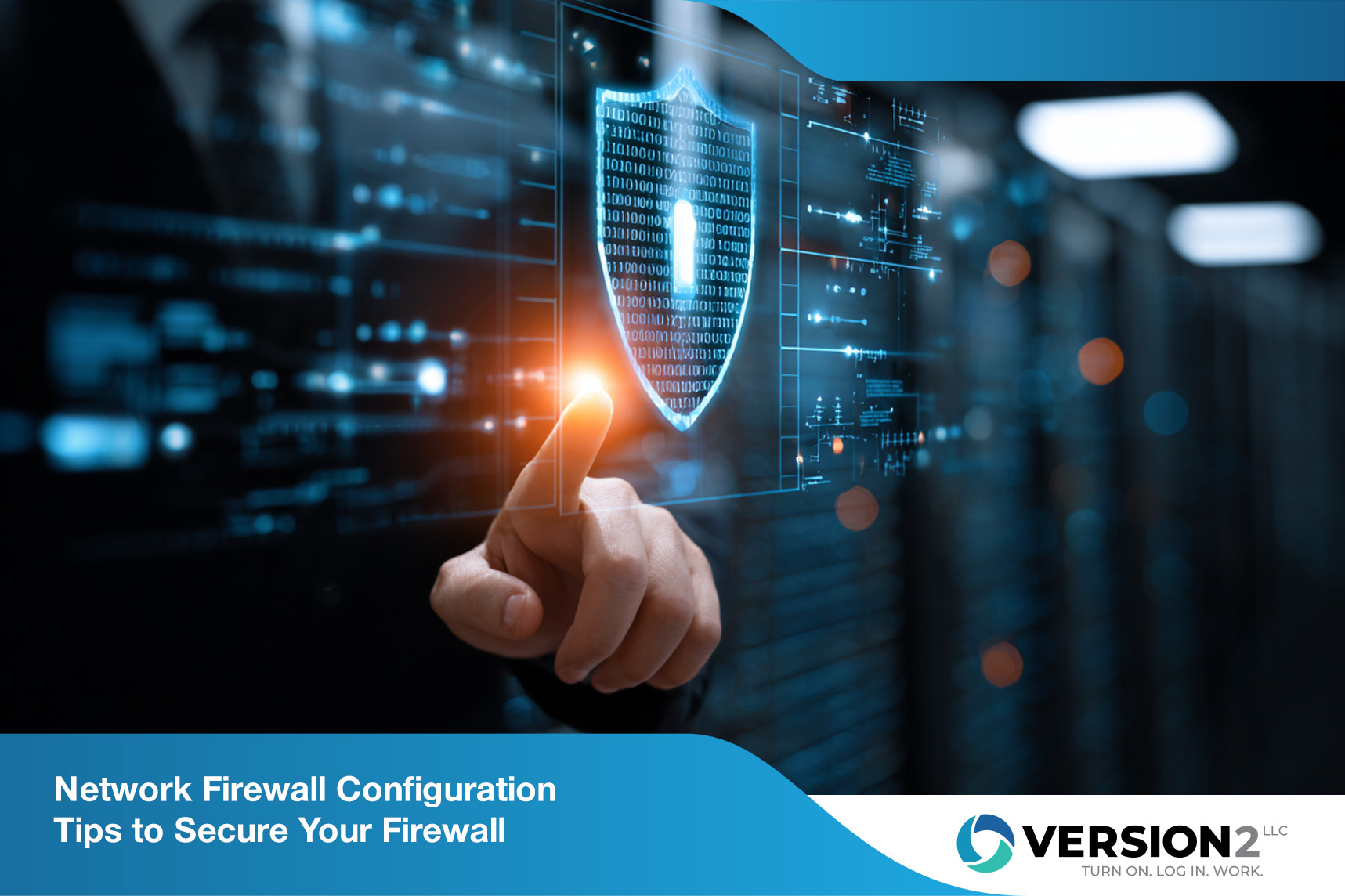
December 19, 2025
Server Maintenance Checklist: Avoid Downtime With 2026 Tips
Use this server maintenance checklist to improve uptime, apply best practices, and keep your servers secure and efficient throughout 2026.
November 21, 2023
.webp)
When creating a budget for your business, it’s important to remember that technology costs are more than just operational expenses.
Technology is crucial in driving innovation and competitiveness, making digital transformation a strategic necessity. Including it in your yearly budget helps you to allocate resources, measure progress and ensure that every investment aligns with your overall business objectives. This keeps your organization agile, relevant and well-equipped for long-term success.
Digital transformation is not a check-in-the-box with a defined endpoint. It's a continuous adaptive process that helps you keep up with evolving market dynamics and customer needs. To succeed, you must consistently evaluate your digital strategies and business technology solutions, making adjustments as necessary. Hiring an IT service provider, like us, can help lessen the burden and help businesses make significant savings.

Gone are the days when digital transformation used to be abhorrently expensive. Today's businesses can manage their expenses by adopting affordable technologies and solutions. Similarly, strategically and gradually implementing and scaling transformation initiatives can help you make the most of your investments.
In this blog, we’ll explore how strategic technology spending, matched with the right choices, can drive digital transformation for your business and adapt the viewpoint that technology costs are investments.
Key technological advances driving digital transformation
Before embarking on any journey, you probably gather the best tools to ensure you reach your destination. Well, your digital transformation journey is no different. In this section, we’ll delve deeper into the technologies reshaping businesses. However, these tools aren’t mere trends — they are essential drivers of digital transformation.
Cloud computing and storage
This technology enables your business data and applications to be accessible from anywhere, eliminating the need for physical servers, in turn reducing costs and increasing adaptability.
Achieving this transformation involves migrating your existing infrastructure to a trusted cloud provider and ensuring robust data security measures are in place.
Big data
Big data is a vast reservoir of information that can provide valuable insights. While managing and making sense of such data may seem daunting, the rewards are substantial.
Investing in data analytics tools and employing data experts to extract actionable insights from this vast information pool is crucial to effectively harnessing big data.
Internet of Things (IoT)
IoT operates as a dynamic network of interconnected devices sharing real-time data. Its key advantage lies in streamlining processes and enhancing efficiency.
Identifying areas within your business where sensor-equipped devices operate is the first step to leveraging IoT effectively. Achieving this also requires a seamless integration of hardware, software and robust security protocols.
5G technology
Beyond offering faster mobile internet, 5G signifies a transformative leap for businesses. It boasts low latency and high bandwidth, ideal for remote monitoring and augmented reality applications (bandwidth refers to the volume of transmitted data, while latency refers to the time it takes for data to travel).
To harness the potential of 5G, assess how it can elevate your current operations and explore services from various telecom and internet providers.
Artificial intelligence (AI)
More than just a buzzword, AI is about amplifying your operations through automation and intelligent decision-making.
Initiating this transformation involves identifying repetitive tasks suitable for automation, such as customer support. Also, invest in AI solutions aligned with your business goals and ensure effective AI training.
Next-gen cybersecurity solutions
Ensuring the safety of your digital assets is of utmost importance. Employee cybersecurity awareness training is crucial. It acts as the frontline defense against cyberattacks, empowering your workforce to identify and mitigate potential threats.
To get the best out of next-gen solutions, you may need to conduct regular cybersecurity assessments, educate your employees on the best security practices and potentially outsource security monitoring to experts like us. Let us help you get started on an effective security awareness training program today.
Customer relationship management (CRM)
CRM systems serve as the centralized repository for customer data, enhancing communication and elevating customer experiences.
CRM implementation involves customizations tailored to your specific needs, smooth data migration and thorough team training.

Making drastic changes to your existing processes that require a complete overhaul of your IT can be counterproductive. That's why we recommend adopting an incremental approach to fare well in the long run and make sustainable transformations without significant disruptions.
Collaborative path to success
As you sit down to prepare your IT technology budget and evaluate your current technology position, feel free to contact us. Our wealth of experience and expertise in digital transformation positions us as the ideal companion on your journey. We understand the intricate nuances of each technology and have successfully navigated businesses through these transitions.

December 19, 2025
Use this server maintenance checklist to improve uptime, apply best practices, and keep your servers secure and efficient throughout 2026.

December 17, 2025
This guide to IT budget planning covers how to prioritize spending, forecast costs, and align your technology investments with business growth goals.

November 27, 2025
Learn how to master network firewall configuration, avoid common mistakes, and secure your systems with proper rules and policies.